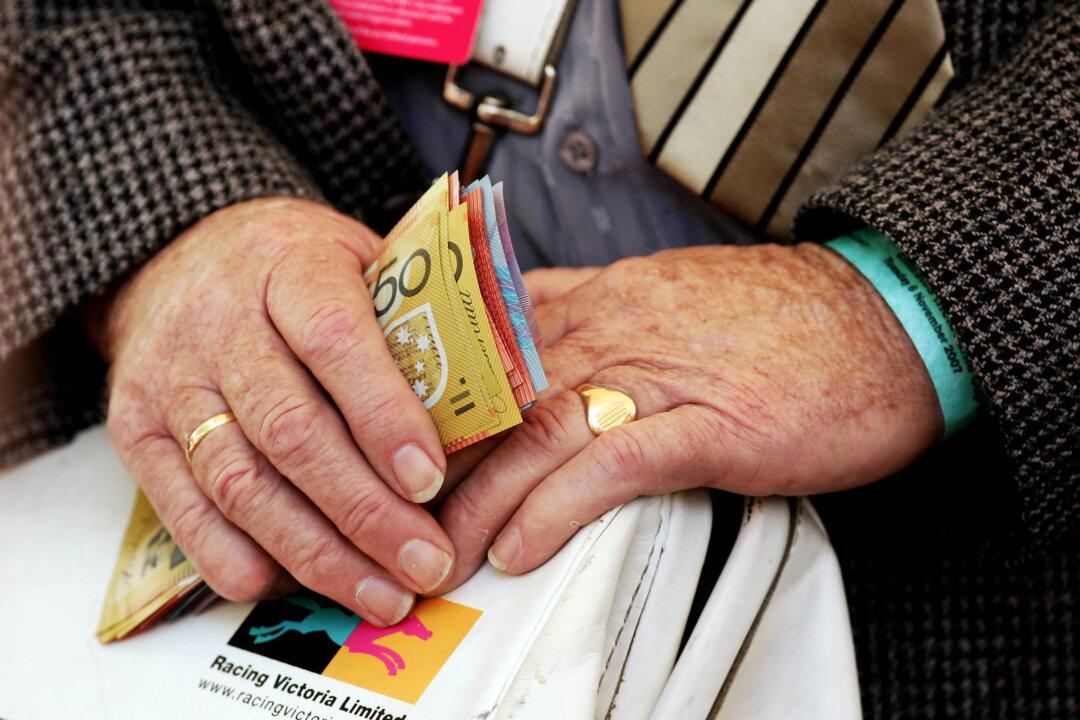Some independent retailers may be forced to close because they cannot afford to pay the three percent increase in minimum wages, an employer group says.
From July 1 the national minimum wage will rise by $21.60, amounting to $740.80 a week.

Some independent retailers may be forced to close because they cannot afford to pay the three percent increase in minimum wages, an employer group says.
From July 1 the national minimum wage will rise by $21.60, amounting to $740.80 a week.